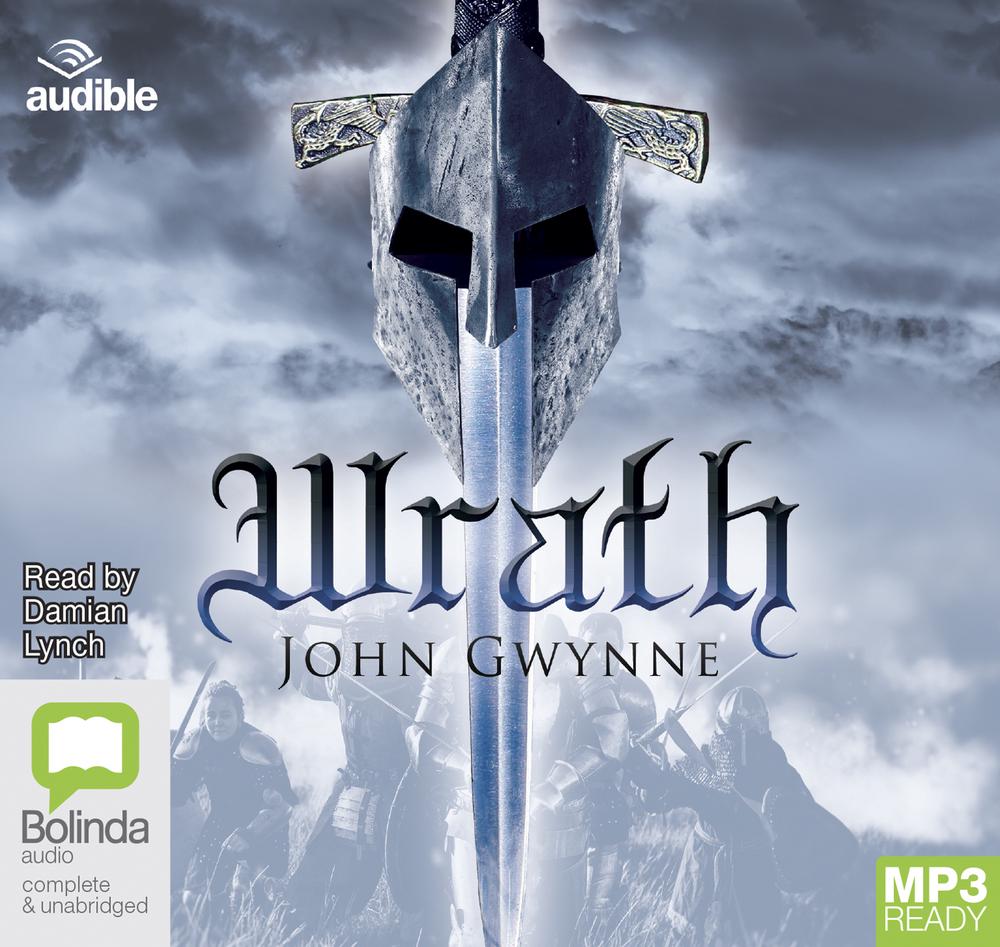

These darkly comedic exchanges – mostly involving Calidus, Legion and Lykos – are likely to draw reluctant laughs from the reader, again emphasising that there is humanity on all sides of the conflict. “I would have smashed their bodies and crushed their skulls, I would have broken their bones and fed from their flesh and danced on their dead and sucked out their souls and-“ “I wish I had been there,” Legion muttered. Uthas is driven by ambition, as is Nathair – whose desperate need to vindicate himself by justifying his past actions is reminiscent of Geder Palliako in Daniel Abraham’s Dagger & Coin quintet. Rafe is conflicted, cruel and lonely hateful, yet strangely sympathetic. Lykos is immoral and sarcastic an entertaining voice, and a character all readers will love to hate. It may not change anything, but we won’t know unless we try.”īy this point, I wouldn’t say that it’s difficult to choose who to root for (since it’s obvious by now that the antagonists are fully aware of whom they’re fighting for), but that Gwynne never lets us forget that the enemy are human, too. “One man, or woman… can make a difference. Corban, Veradis, Haelan, Maquin, Camlin, Cywen, Coralen, Brina – all are protagonists that inspire the reader to root for them with every fibre of their being. Wrath is grittier and bloodier still.īut Gwynne’s writing is characterised by an enduring thread of hope, spun by those few genuinely ‘good’ characters who just want to make the world right again.
Wrath john gwynne series#
Gwynne’s antagonists are not caricatures nor are his gods and demons so clear-cut.įans of the series will recognise that each book has brought more darkness. Nathair paves his own path towards the darkness using stones of doubt, fear and manipulation. The dreaded ‘Black Sun’ of prophecy is introduced to us at the very start of the series as just one of a handful of likeable protagonists. Like all modern fantasy tales worth their salt, The Faithful and the Fallen features well-rounded characters on all sides of the conflict. “If you choose not to fight against Asroth, then you have already chosen him.” The fight for the Banished Lands will leave none untouched, and everyone – men, women, giants, angels, demons, children – must choose a side. Yes: after four years of building tension and assembling armies (not to mention Ruin’s AGONISING cliff-hanger ending!) Wrath is finally here to show us how it all ends. The battle lines are drawn, and the Bright Star and the Dark Sun begin their last preparations for the war that neither is likely to survive. “This war has been decades in the making. In that time, rivalries have grown, alliances have shifted and battle lines have become muddled: moving, merging, melting and then melding again to form tentative but powerful friendships. It feels like forever since Gwynne’s debut, Malice (winner of the Morningstar trophy at the 2013 Gemmell Awards) introduced us to Corban ben Thannon, the blacksmith’s son from humble Dun Carreg. The God-War is reaching its end, moving towards its last great battle, which will decide the fate of this land, and all who dwell within it.” Casualties of war, victims of treachery – with each novel the death toll has mounted, and so have the stakes. Each successive instalment in the epic Faithful & Fallen quartet has seen greater numbers of beloved characters succumb to a rising tide of evil. Since 2012, John Gwynne has been promising us that ‘even the brave will fall’… and dear god, they have. Warning: this review contains spoilers for those who haven’t yet read Malice, Valour and Ruin!


 0 kommentar(er)
0 kommentar(er)
